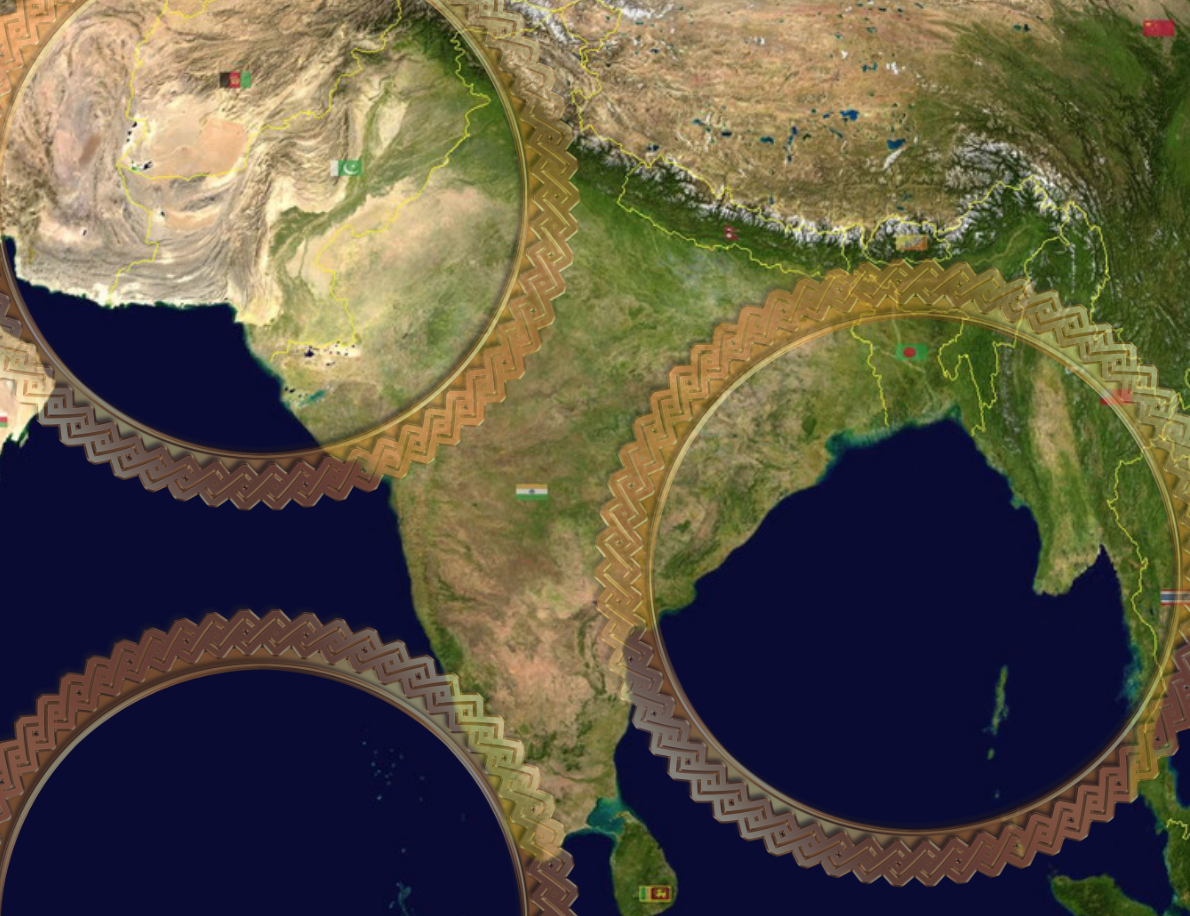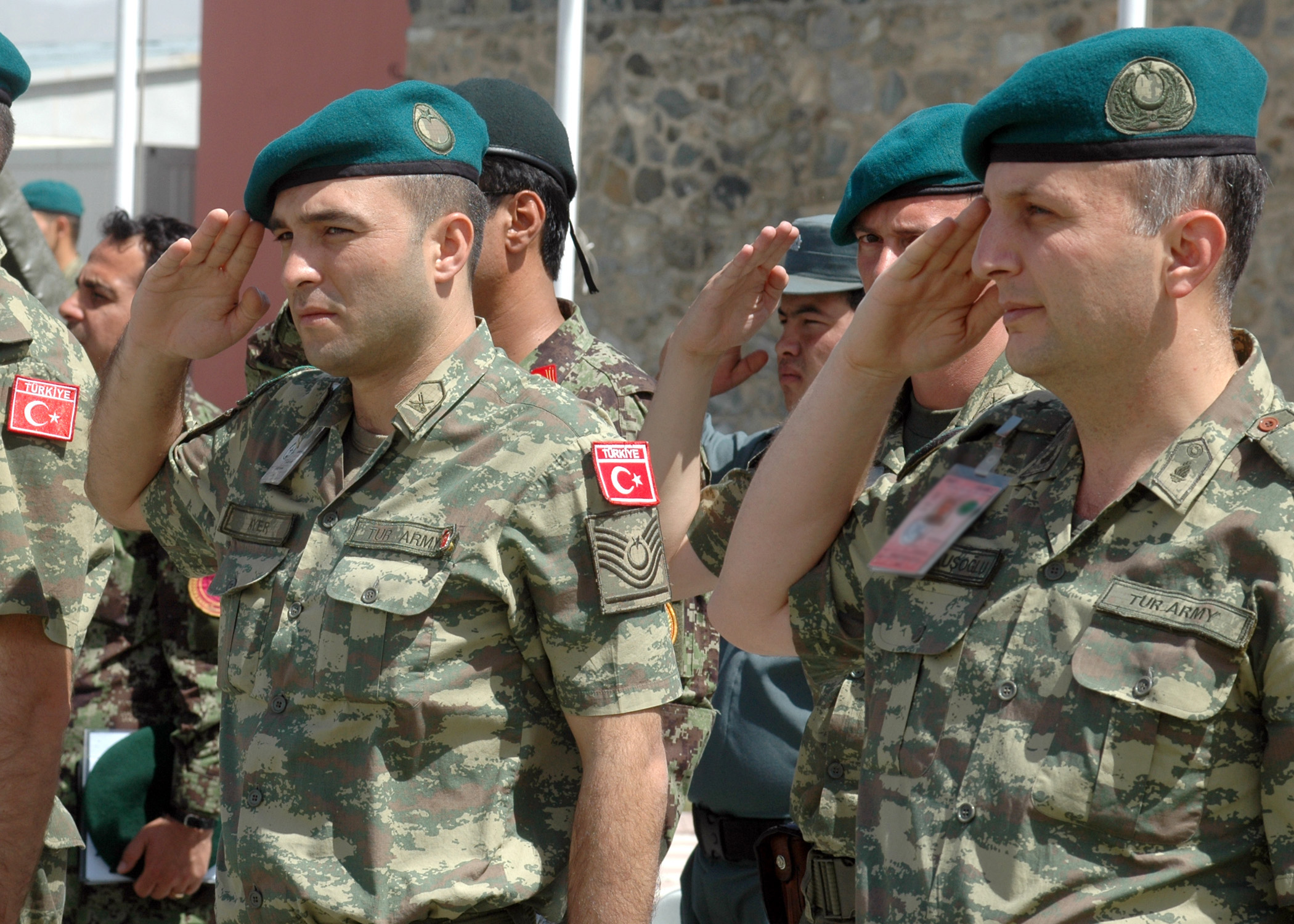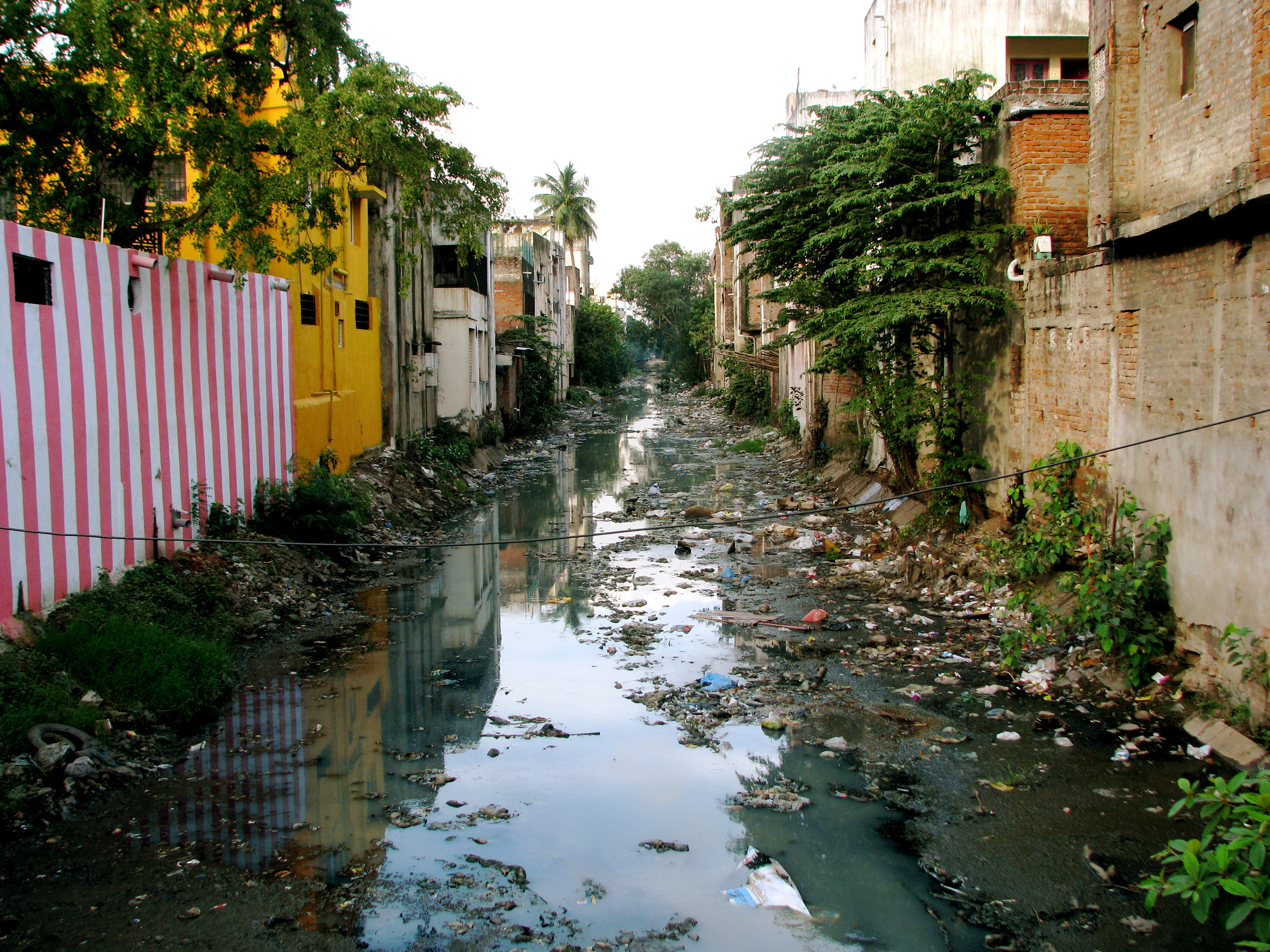A few weeks ago, the UNGA heard a very different tone from Iran that was a stark departure from the fiery fundamentalist rhetoric that it had become all to acquainted with in previous years from former President Ahmadinejad. The moderate voice of President Hassan Rouhani, was a welcome change that signaled, for the first time in decades, the possibility of a turning point in relations with Iran and a new opportunity to gain ground in nuclear talks.
Rouhani’s surprising victory in the June elections earlier this year was an apparent effort by Iran to re-brand itself in the world. The shift indicated the growing frustration of the Iranian people who have been deeply affected by their country’s global isolation and the devastating impact that sanction have had on their economy.Many argue that the election of Rouhani has done little to change the political climate in Iran, as ultimate political power still remains with the Supreme Leader. However, Rouhani, in his endeavors to ease tensions and break the nuclear stalemate, seems to have the support of Ayatollah Ali Khamenei and other regime hardliners, at least for the moment.
All of these political conditions have come together to create a real opportunity for a major political breakthrough. A few weeks ago, week significant progress was achieved when President Rouhani and President Obama became the first leaders of their countries to speak since the 1979 Tehran hostage crisis. Both Obama and Rouhani have also agreed to speed up nuclear talks and Secretary of State John Kerry has been tasked with resuming negotiations in the upcoming P5 plus 1 meeting, where he, along will five other countries will meet with Iranian Foreign Minister Javad Zarif.
Although we are unlikely to see significant movement on certain issues, such as Syria, Rouhani, seems to effectively have a popular mandate to change Iran’s nuclear position. The former chief nuclear negotiator seems willing and eager to kick-start the negotiation process as he stated earlier this week: Iran is “ready to enter into talks without delay” and it is “not interested in escalating tensions.”
[captionpix align=”right” theme=”elegant” width=”325″ imgsrc=”http://natoassociation.ca/wp-content/uploads/2013/11/21.jpg” captiontext=””]
A Time for Diplomacy
So where do we go from here? With boots still on the ground in Afghanistan and the memory of Iraq fresh in its mind, the US remains a war weary nation with an aversion to another military engagement within Middle East. Therefore, if nuclear Iran is not an option, as the US and its allies have stated on numerous occasions, and war is to be avoided, diplomacy remains the most viable and appealing option. However, to date, nuclear talks have been shrouded in suspicion and skepticism which has led both sides to often enter negotiations in bad faith and has ultimately resulted in numerous missed opportunities.
Although the US has been successful in bringing Iran to the table, it has not done so through diplomacy, but rather coercion, which is largely the reason why talks have yielded little success. If history has taught us anything, having Iran at the table is by no means a guarantee of a successful outcome and political winds may shift at any time if negotiations are not handled with care.
To seize this opportunity and capitalize on the apparent shift in Iran’s political climate in the upcoming round of nuclear talks, both sides must meet some basic requirements:
- First, it is crucial that all parties maintain communication and engagement, which has been woefully absent in previous years. Without open dialogue and transparency the chances of miscalculation and a misreading of intentions are significantly increased, along with the risk of a premature conflict.
- Second, Western-Iranian relations have been characterized by increasing tensions, to say the least; therefore, confidence-building measures will go a long way in addressing skepticism and hesitance on both ends.
- Third, both sides must clearly lay out its bottom-line on not only the conditions it is willing to accept, but also what it is willing to offer in return.
Finally, expectations must be tempered. Although Rouhani may be a moderate pragmatist, at least relative to his predecessor, he is not a reformer. He remains a product of the Iranian system and there are limits to his political power. Rouhani has a difficult road ahead and must walk a fine line in order to reach an agreement while still appeasing hardliner within the regime. Similarly, the US will also be subject to scrutiny from Israel and Arab allies in the Persian Gulf, in how it handles Iran, which further complicates nuclear talks. The fact that Rouhani is willing to come to the table does not mean that the nuclear issue will be easily resolved without tough decisions and difficult compromises.
Cautious Optimism
With all of these obstacles to success, the task of diplomacy will undoubtedly be challenging and fraught with complications; however, it is the best chance of coming to a resolution and much less grim then the alternatives.Although Canada will not be directly participating in the upcoming nuclear talks, it remains much more cautious in its optimism, as Stephen Harper put it last week “when it comes to the government of Iran we should carefully monitor deeds far more than words.” Nonetheless, there seems to be an acknowledgment that every effort should be taken to peacefully defuse the nuclear issue and explore all diplomatic options.
While there are many reasons for skepticism when looking at Iran`s track record, the very least, this last week has given us a new perspective on negotiations with Iran and offered a reason for hope in a time where optimism is desperately needed.




